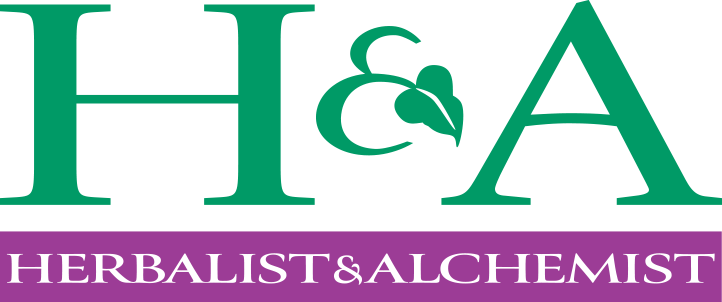How did you first become interested in herbal medicine?
I think I was 14 years old when I first read
Adelle Davis’ book on treating diseases naturally through
diet and supplements, then moved on to books by John
Christopher and other herbalists. I was fascinated with
using diet and nutrition in a most basic way to prevent and
treat disease and focused on the area of nutrition where I
received my training.
When did you study with David Winston and how did you find his program?
I studied with David in the late 1980s.
Unfortunately, I cannot remember how I found David, but felt
fortunate to study with him. He taught out of his apartment.
I remember he sat on this big easy chair and we sat in a
circle around him while he lectured. I also vividly remember
pressing herbs in his lab, and for the first time examining Chinese herbs. We studied American and
Chinese medicine, Cherokee medicine and culture, herbal
pharmacy, wildcrafting and field botany over a 3 year
period.
In what ways have you used your herbal training in your career?
After studying with David and pursuing my
degrees in nutrition, I accepted a position at Brooklyn
College teaching nutrition. I developed, and for many years
taught, a course for nutrition majors on how to interpret
and evaluate research articles. As part of the class we
evaluate evidence-based literature for integrative medicine
and spend 1/3 of the semester on dietary supplements
focusing on the efficacy of herbal medicines.
What attitudes towards herbal medicine do you find
among your students and do you see them moving more towards a
complimentary approach or are they more conventional?
The use of complementary and integrative
medicine by Americans has exploded in recent years and more
people are turning to integrative therapies to treat common
disorders and diseases. In order to counsel patients and
clients, it is imperative that our nutrition professionals
are well versed in this area. In my experience, students are
not only interested in this area, they are anxious to
receive training to be better prepared for counseling
clients as well.
Patients are visiting nutrition professionals
with a long list of supplements including herbs. My students
do not have the strong background of a professional
herbalist, but they are well equipped to look at the
literature and determine supplement uses and efficacy.
